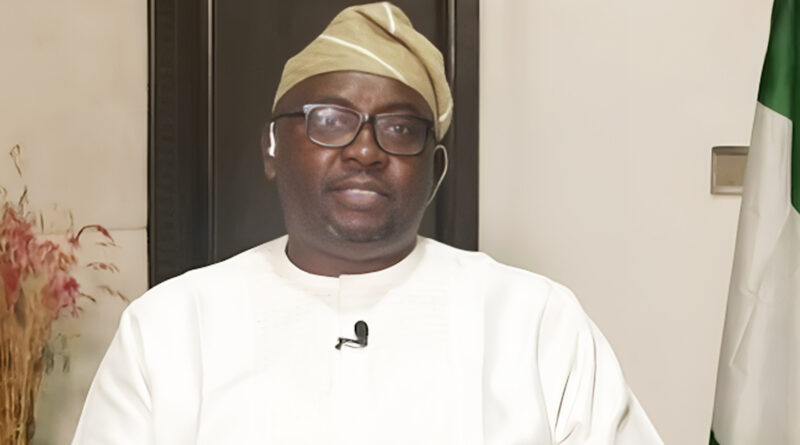FG Still Paying Electricity Subsidies Despite Band A Tariff Hike—Adelabu.
Adelabu refuted human rights lawyer Femi Falana’s argument that the rise in tariffs for Band A subscribers was illegal. He stated that tariff reviews are legal when they are solely the duty of the Nigerian Electricity Regulatory Commission. The Act actually requires a review twice a year, every six months.
In response to assertions in some quarters that the Federal Government had abolished electricity subsidies in 2022, Adelabu cited the increasing dollar, surging petrol prices, the cost of power plants, transmission, and distribution infrastructure, among other factors, in the last two years.
“If we have been paying the tariff at the same level for the last two years, it clearly follows that someone has been bearing the burden of all these increases,” he explained.
“As of today, the Nigerian government bears 67% of the entire production, transmission, and distribution costs, prior to the tariff hike for Band A users. However, when it comes to generation expenses, the Nigerian government pays 90%, but in terms of total subsidy, it accounts for approximately 67% of tariff subsidies.
“Last year, it was almost N720 billion, which was not fully funded; we have roughly N305 billion carried forward this year. If the rate remains at its current level, the Nigerian government will require around N2.9 trillion to subsidise power; however, with the rise for Band A users, we will see a saving of approximately N1.1 trillion. So, we’re looking at almost N1.8 trillion in subsidies,” he added.
On April 3, 2024, NERC hiked the electricity cost for consumers who receive 20 hours of power each day. Customers in this category are classified as Band A. Customers would pay N225 kilowatts per hour, up from N66 currently, a decision that has been highly lambasted by many Nigerians, given the immediacy of the tariff hike and the country’s current suffering.
However, Adelabu stated, “The fact that the price for Band A, which accounts for 15% of total users, would increase by more than 200% does not always imply a 200% increase in their electricity bill provided power is effectively controlled in terms of consumption.”
The minister guaranteed Band A customers that they would get value for their money. He also told Nigerians that distribution companies would not shortchange consumers on other bands, and that authorities will not hesitate to use their big stick on any of these discos.
He also stated that the government has switched its focus to discos inefficiently and will not hesitate to take appropriate action in the interest of customers.
‘Naira Gains Will Force Down Tariffs’
Adelabu stated that by reducing the inefficiencies of some operators in the sector, together with the naira’s recent advances against the dollar, Nigerian tariffs could moderate positively.
“The pricing is flexible, and I can tell you that even if the naira gains further and the exchange rate falls below N1,000, it will have a favourable impact on the tariff, and the tariff for Band A will fall below the N225 kilowatt per hour that we are currently charging,” he said.
The minister went on to say that the administration is working to increase power generation from 4,000 to 6,000 megawatts over the next six months. He stated that hydroelectric power generates 25% of Nigeria’s power, with gas plants accounting for the remaining 75%.
The minister stated that “the gas that is supposed to be the raw material has not been coming in appropriate quantity,” but the government has been collaborating with electricity production businesses to increase power generation for the benefit of Nigerians.
He stated that President Bola Tinubu’s administration intends to decentralise power generation across the federation while also strengthening energy transmission and distribution to enable Nigeria’s economic development.




